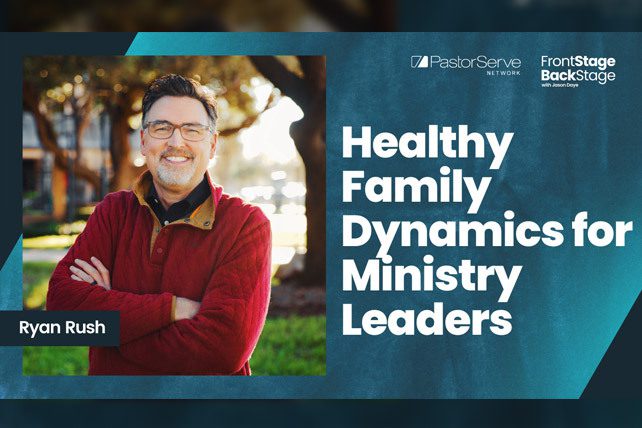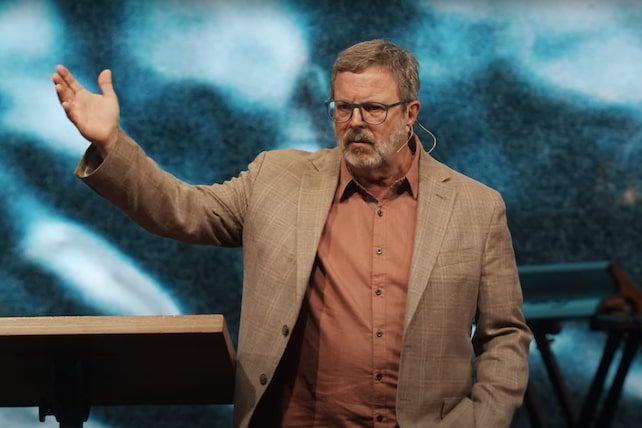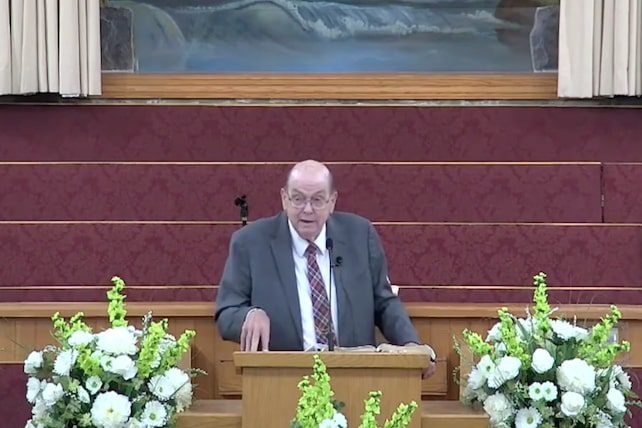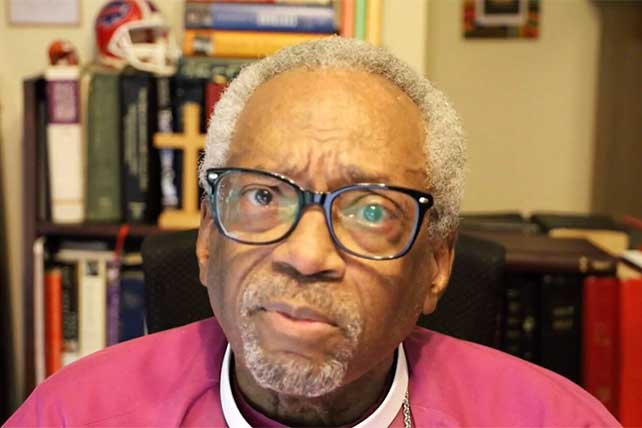Discover the transformative power of prayer to accept Jesus into your life. Explore the significance of sincerity, belief, and the journey of faith that begins with a heartfelt prayer of acceptance and commitment to follow Jesus’s teachings.
In moments of reflection, many find themselves seeking a deeper connection, a sense of belonging, or a source of unconditional love. The journey toward spiritual fulfillment can lead one to the threshold of faith, where the simple, yet profound act of prayer opens the door to a life transformed by the acceptance of Jesus Christ. This blog explores the essence of such a prayer, emphasizing that the path to accepting Jesus is paved with sincerity, humility, and an open heart.
The Essence of Accepting Jesus Through Prayer
To accept Jesus into your life is to embark on a journey of renewal and redemption. It signifies a willingness to turn away from past ways and embrace a future guided by His teachings, love, and grace. The prayer to accept Jesus is not a magical formula but a heartfelt declaration of faith, a conscious decision to invite Him into your heart and life as your Savior and Lord.
RELATED: Accept Jesus Into Your Heart: Use Care With This Prayer
A Simple Prayer of Acceptance
“Lord Jesus, I believe in you and your sacrifice for my sins. I acknowledge that I’ve lived apart from you and ask for your forgiveness. I invite you into my heart and life to be my Savior and Lord. Guide me, Jesus, and help me follow your will from this day forward. Thank you for your love and grace. In your name, I pray, amen.”
This prayer encompasses several key elements crucial to the journey of faith:
- Belief in Jesus and His Sacrifice: It begins with an acknowledgment of Jesus as the Son of God, who died for our sins and was resurrected, offering us the gift of eternal life.
- Acknowledgment of One’s Own Sinfulness: It involves recognizing our separation from God due to our sins and the need for His forgiveness.
- Asking for Forgiveness: This is a humble plea for God’s mercy and forgiveness, acknowledging His power to cleanse and renew.
- Invitation: The prayer includes an explicit invitation for Jesus to enter one’s life, to take up residence in one’s heart as both Savior and Lord.
- Commitment to Follow Jesus: It signifies a willingness to turn from old paths and to follow Jesus’s teachings and direction for our lives.
- Gratitude: The prayer closes with a note of thanksgiving, recognizing the unmerited favor and love that God extends to us through Jesus.
The Sincerity of the Heart
While the words of the prayer are important, it is the sincerity of the heart that truly matters. God looks beyond our spoken words to the intent and truth within our hearts. Accepting Jesus is a deeply personal act of faith, marked not by the eloquence of our prayers but by the genuine desire to know Him, to be transformed by His love, and to live in accordance with His will.
The First Step on a Lifelong Journey
Accepting Jesus through prayer is just the beginning of a transformative journey. It marks the entry point into a relationship with God, characterized by continual growth, learning, and spiritual development. This journey is not always easy; it requires dedication, perseverance, and a heart open to the guiding influence of the Holy Spirit.
RELATED: The Gift of Everyday Discipleship












 How can we better embrace healthy family dynamics in our own homes as pastors and ministry leaders? In this week’s conversation on FrontStage BackStage, host Jason Daye is joined by Ryan Rush. Ryan is lead pastor of Kingsland Baptist Church in Katy, Texas. He’s a national voice in the Faith at Home movement, and his latest book is titled “Restore the Table.” Together, Ryan and Jason look at some of the unique challenges we have as ministry leaders when it comes to healthy family dynamics, including the fact that we often feel our families are under a microscope. Ryan shares some incredibly practical tools and strategies to help you foster and nurture a healthy family, including some ideas around mealtimes. And you’re not going to want to miss his 10-second rule when it comes to having conversations with your kids.
How can we better embrace healthy family dynamics in our own homes as pastors and ministry leaders? In this week’s conversation on FrontStage BackStage, host Jason Daye is joined by Ryan Rush. Ryan is lead pastor of Kingsland Baptist Church in Katy, Texas. He’s a national voice in the Faith at Home movement, and his latest book is titled “Restore the Table.” Together, Ryan and Jason look at some of the unique challenges we have as ministry leaders when it comes to healthy family dynamics, including the fact that we often feel our families are under a microscope. Ryan shares some incredibly practical tools and strategies to help you foster and nurture a healthy family, including some ideas around mealtimes. And you’re not going to want to miss his 10-second rule when it comes to having conversations with your kids.
















